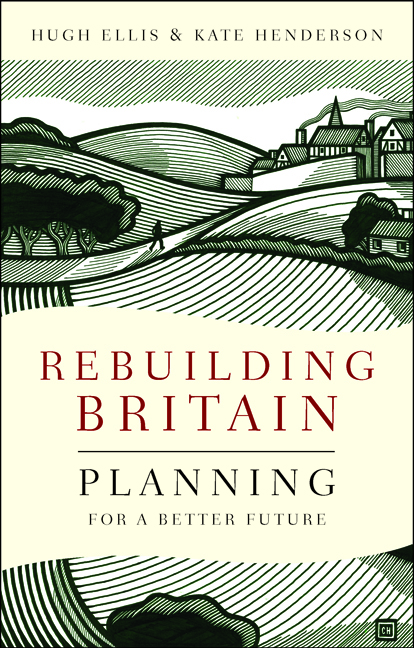2 - Why care about the future?
Published online by Cambridge University Press: 04 March 2022
Summary
We stand now where two roads diverge…the road we have long been travelling is deceptively easy, a smooth superhighway on which we progress with great speed, but at its end lies disaster. The other fork of the road – the one ‘less travelled by’ – offers our last, our only chance to reach a destination that assures the preservation of our earth. The choice, after all, is ours to make.(Rachel Carson, 1962)
The arguments in this book are founded on the assumption that we should seek to shape our future by engaging with the challenges which confront us rather than simply accepting their consequences. Change is not easy to deal with because of the inherent unpredictability and stress it involves. Once we accept that it is going to happen, though, the challenge becomes how to shape that change for the collective good. We have choices and the future is our responsibility.
Many would argue that we cannot shape the future. In a highly globalised world what impact can governments, let alone individuals, have? How can we grasp the challenges of climate change or rising global populations? There is a view that it is best left to the natural processes of market decisions. Planning has come under particular attack for being bureaucratic and counterproductive, for stifling innovation. Our current orthodox assumption is that the sum total of individual choices in a free market, whatever that may be, is the best humanity is capable of achieving.
This idea is extremely powerful to the point where the case for any alternatives, such as collective action, has almost completely disappeared. This is partly because this strand of thinking, sometimes collectively known as the New Right, employs powerful words, around individual freedom and aspiration, which have a strong appeal in a market led economy. Since 1980, the idea that we should have the collective view of the future has become politically beyond the pale.
This is the first and perhaps the biggest barrier to a better world which we have to confront. Markets, cities and economies are the product of human decision making and choice. We make the world as we choose, or perhaps more accurately those with power and influence make the world we live in.
- Type
- Chapter
- Information
- Rebuilding BritainPlanning for a Better Future, pp. 9 - 14Publisher: Bristol University PressPrint publication year: 2014

